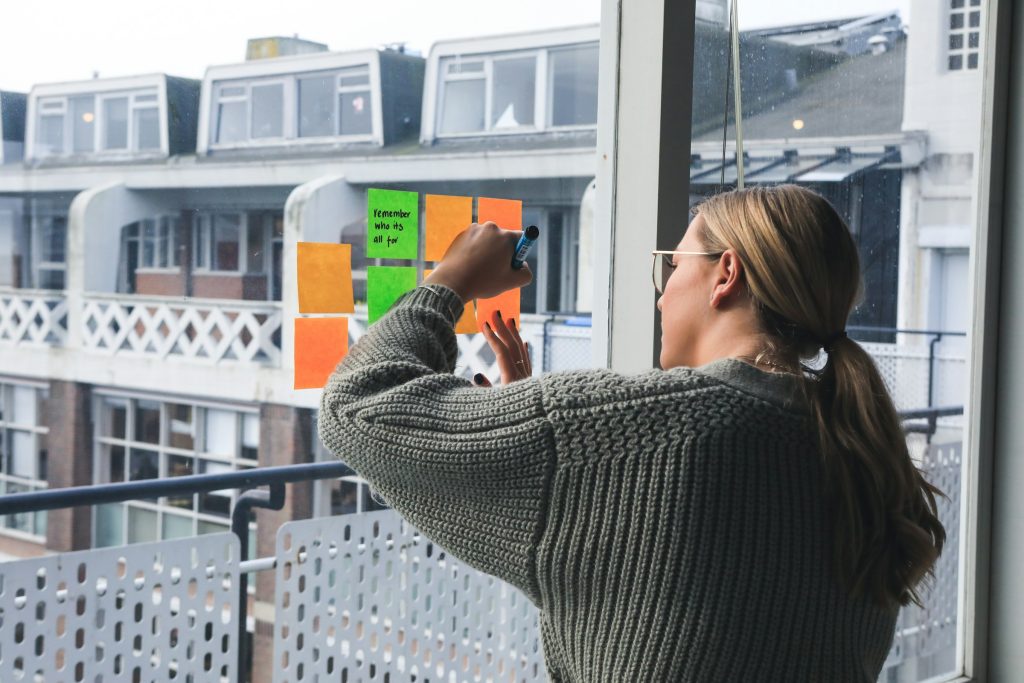Remote hiring is an increasing trend today due to the COVID-19 crisis as people try their best to minimize physical contact. These processes can consist of online skills assessments and/or one-way video interviewing platforms. Select Software found that key terms such as “Virtual interview platforms” and “Best online interview software” saw a week-by-week increase of 540% and 236% respectively on Google search in March 2020.
Despite the decrease in in-person interviews, this does not mean that recruitment processes have become more ineffective or lenient. In fact, today we will be discussing 5 benefits that remote hiring has:
1. Access a wider talent pool
Remote interviews eliminate the need for travel, which can save time and money for both the interviewer and the interviewee. Candidates who may initially be unable to commute on-site for early-stage interviews are now more likely to apply for jobs that have a remote interviewing process. On the other end, hiring managers can now reach candidates who might be in a different time-zone and are unable to fit into their busy schedules. Remote interviews make it possible to interview candidates from a wider geographical area, which can increase the pool of qualified candidates.
As Insight found:
The best candidates won’t always be in your city, state, or country, so reducing barriers to interviewing will allow you to tap into new, potentially transformative, talent sources.
2. Convenience
Remote interviews can be scheduled at a time that is convenient for both parties, regardless of location. Making part of or your entire hiring process remote can save tons of time by reducing candidate no-shows and making separate calls to screen candidates. Workable also found that by using one-way video interview software, hiring managers can simply review videos whenever convenient which is faster than continuously scheduling and conducting live ones.

3. Reduce bias
Remote interviews may reduce unconscious biases that can occur during in-person interviews, such as appearance and body language. One-way video interviewing standardizes the entire process from the type of questions asked to the tone and pace of the interview. These could have been previously affected by the interviewer’s unconscious bias or even completely unrelated situations like their mood. Their human gut feel and instinct would be relied on to carry out in-person interviews. By removing variation and unconscious bias in the interview process with one-way video platforms, candidates are given a fair chance to prove themselves.

4. Better evaluation ability
When all candidates are asked the same questions and there is video evidence that can be reviewed by multiple parties, hiring managers can make more informed decisions by comparing candidates and their responses. Such objective evaluations can improve the overall quality of hires after just one interview compared to having to conduct multiple interviews with different members of the recruitment team.
5. Get to know your candidates better
Remote interviews allow the candidate to be in a more comfortable and natural environment, which may lead to a more accurate assessment of their skills and abilities. By using one-way video interviews to assess candidates instead of just looking at their resumes, hiring managers can get a feel of their personality better. Tazio found that this includes soft skills like communication that cannot be easily discerned from a piece of paper, or their fit into the company culture.
Conclusion
It is no surprise that 40% of employers now regularly use some form of video interviewing in their recruitment process. Overall, both the candidate and hiring manager experience a more seamless and efficient process that allows for the selection of even better quality hires. Transforming your hiring process does not just mean saving time, effort, and money – it also means giving your candidates a better experience and a fair shot at working with you.




